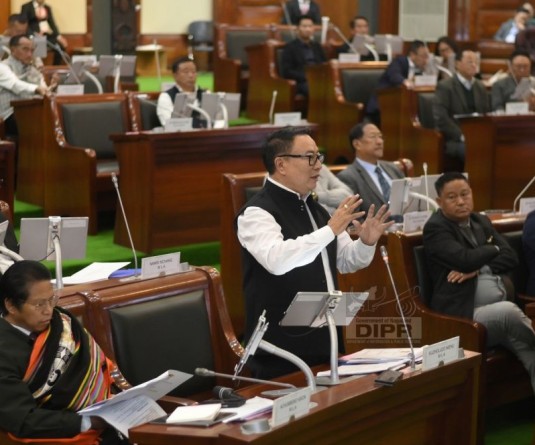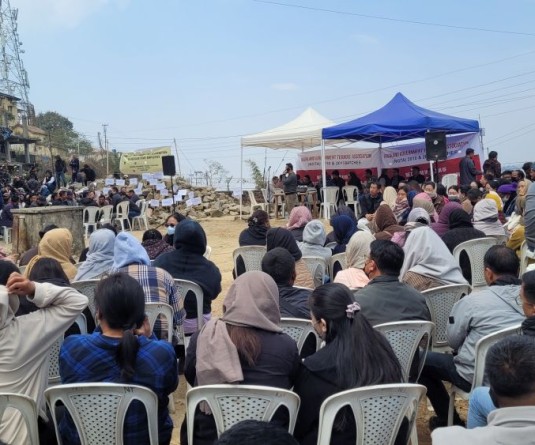
Dimapur, June 1 (MExN): The Yimchungrü Akherü Arihako (YAA) on Monday put across various concerns in view of the present situation brought about by the outbreak of COVID-19 pandemic and called for a ‘behavioral and social shift’ in the fight against the invisible enemy.
In a press release issued on June 1, the YAA acknowledged the commitment and sacrifices made by front line workers in this turbulent time despite of many difficulties. Along with the front line workers, it said various organizations as well as the ENLU legislators have been putting in commendable efforts in combating the common enemy. However, it reminded the legislators of their bigger role and responsibilities considering the poor health amenities and other related challenges back at home. “This calls for a unified house irrespective of the political party affiliation,” it added.
It also expressed worry that many health centers in Yimchungrü jurisdiction exist without any proper health amenities and health workers and said that it should be the prerogative of the state to ensure that all health centers are functional with requisite staff and medicine especially during this pandemic period. It said that “the state has been complacent for too long making tall claims to have prepared for any eventuality,” and raised concern on the actual level of preparedness, availability of PPEs, testing kits and other related equipments.
The YAA meanwhile pointed out the practicality of online classes for students in regions where there is limited access to technology and called upon the teaching community to devise a viable means to ensure that the students are not deprived of learning. Calling upon its constituent units and village authorities to render all possible assistance and dispel apprehensions, myths and rumours it also requested that all government notifications/orders are enforced for the wellbeing of all.
Further, it appealed the state government to “initiate stringent punitive action” against those erring officers involved in the May 26 incident of Tuensang. It suggested that “corrective measures are initiated so that there is no ambiguity amongst the controlling officers/subordinates and to thwart the recurrence of similar incidence in the state.”






